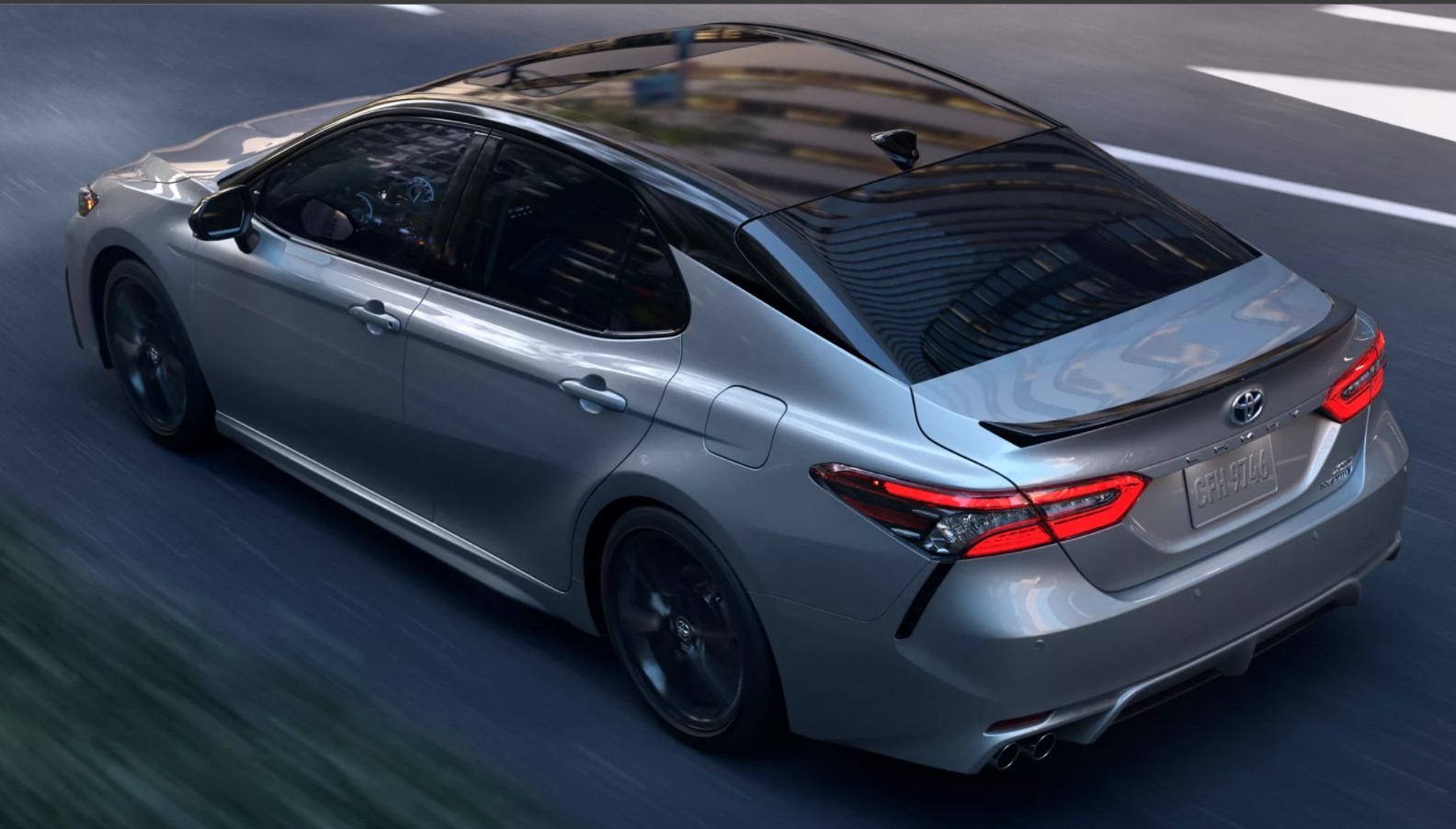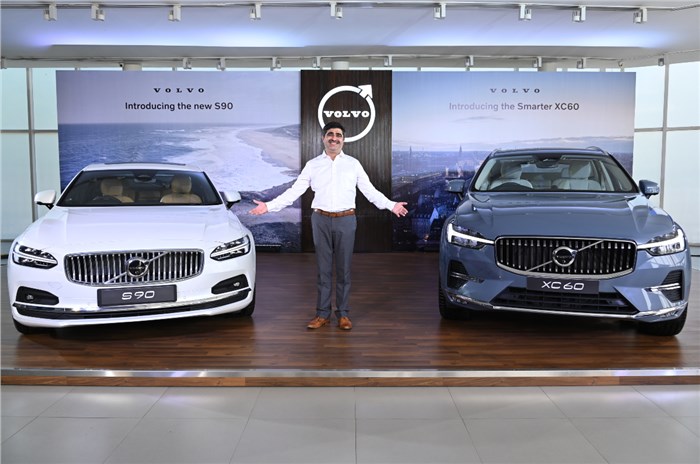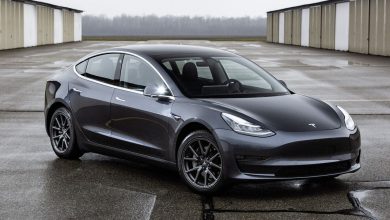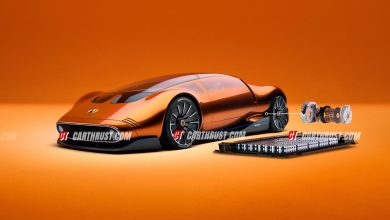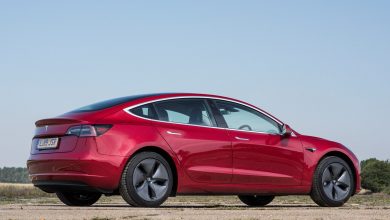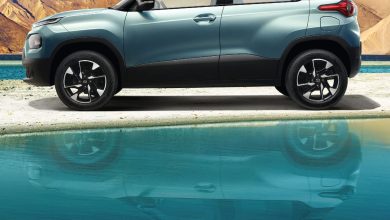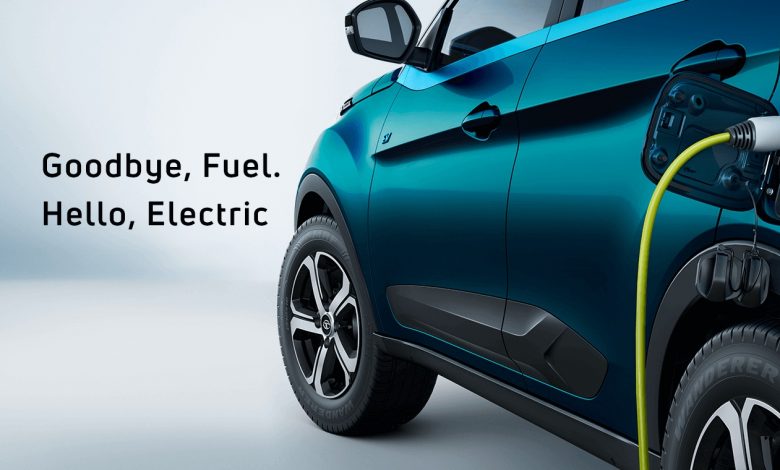
Battery Electric Vehicles, commonly known as EVs have been on the rise popularity-wise in India in recent times. Regarded as one of the toughest markets to penetrate into, the way EVs have been welcomed in India is just remarkable! The pioneers in this segment have to be Tata, who introduced the Nexon EV back in 2020 which has been the benchmark for EVs in India. The car still has about 80% of the EV market share in India with over 10k units sold.
Along side the Nexon EV, we’ve had other EVs as well – primarily Hyundai’s Kona Electric SUV and MG’s ZS EV. They didn’t do much in terms of sales has mostly to do with the cost benefit analysis for a customer. Tata being Tata had the better and a much more value for money alternative and hence, it saw such success. Neverthless, the Kona and ZS EV have done quite well in their own right.
Seeing this success, luxury carmakers made their way into the Indian EV market as well- BMW launched the iX, Porsche launched their ever-popular Taycan, Audi launched their RS E-Tron GT and more recently, Mini launched their Cooper SE as well. The question naturally arises – how has India welcomed EVs with such open arms?
There is not one definitive answer to this, for EVs have just clicked with the Indian car buyer in a way like never before. The push for a greener environment and sustainable energy has led to more car buyers switching to a cleaner and in turn greener fuel source. The subsidies being given by the government to EV owners along with the mega funding schemes to EV making companies further gives incentive to car buyers and car makers alike. Of course opting for EVs instead of a traditional combustion vehicle becomes a no brainer then. Basically, those who make the jump to EVs early will be rewarded by the government, and those who are taking this leap of faith are getting handsome benefits as well.
[tie_slideshow]
[tie_slide]

[/tie_slide]
[tie_slide]

[/tie_slide]
[tie_slide]

[/tie_slide]
[/tie_slideshow]
But that’s not all. Many companies are gearing up for and preparing to launch their EVs, and the sheer variety on offer might stagger you! Tata is currently in control of the market, and is possibly re-launching one of their traditional IP’s in the form of the Tata Sierra, but in an all-electric guise! They are also gearing up for the launch of their Tiago and Altroz EV as well, which will both be one of the few hatchbacks in the country solely powered by battery power. But to say that’s all is almost a crime!
Maruti, India’s most popular carmaker is also readying up the Maruti Futuro for a launch, as is Mahindra with the eKUV100. Indian brands will certainly get a lot of support by the government, and provided the incentives keep rising, Indian carmakers will have a stronghold over the market in no time. The fact of the matter being once Maruti Suzuki enters the segment, EVs will definitely be a much more accessible 4-wheel option than ever before. Maruti will basically be the one to break all barriers for entry and invite many others to do the same. Just how Apple invited everyone to stop sending charging adapters with phones. Here though, it will actually be for a greener future unlike Apple’s claims.
And while it stands true that economic models will open up the market to a host of new customers, luxury brands are also aiming to enter the market to seduce their customer base with options quieter and smoother than a Rolls-Royce but quicker off the line than a BMW M3. All for almost the same price as before. These options include the BMW i4, Ford Mustang Mach-E, Great Wall Motors‘ R2, Tesla with their Model 3, and Mercedes-Benz with their EQS and EQA, the latter of which is touted to soon be locally produced in the country. With such a plethora of all-electric options available to Indian consumers, the shift is already happening and the rate of growth will just grow over time. In fact, here’s a list of the upcoming EVs in India that you should definitely check out!
[tie_slideshow]
[tie_slide]

[/tie_slide]
[tie_slide]

[/tie_slide]
[tie_slide]

[/tie_slide]
[tie_slide]

[/tie_slide]
[/tie_slideshow]
Affordability isn’t out of the question, and the Indian consumer wants the most output out of the least input, i.e. value for money! VFM is a major concept that has kept the Nexon EV on such a high pedestal. The costs of running and maintaining an EV are already quite lower compared to the thousands we spend each year on our ICE vehicles, the benefits and incentives provided by the government further sweeten the deal.
Charging stations are being set up regularly, registration costs are being cut and the cost of recharging one’s car is also becoming lower! Targeted marketing and crucial decisions are being taken at the right time and it seems the Indian consumer will not be lagging far behind in terms of changing their tastes. For the range anxious customers, the new FAME India scheme added around 350 EV charging stations across the country back in July of 2021 while we hear Tata Motors, using the help of sister concern Tata Power will be setting up over 700 charging stations across India to be done by H2 of 2022.
Be it hybrids such as the Camry and the Volvo twins in the form of the XC60 and S90, or even the aforementioned all-electric cars, the shift is-a-coming. The next time you’re out on the roads, keep an eye out for the plates of the car ahead- you might see a registration plate with a green background, which signifies that the car is a lean, green, environment-saving machine!
They might soon even be termed as the “silent killer” but in a good manner, for they will sooner than later topple the stronghold that combustion vehicles have had since eternity in the auto market- and they’ll do it so quietly that without making a sound, they’ll come out victorious. What’s your take on the EV situation in India? Do you believe that EVs are the future or do you think that combustion vehicles will be here to stay? Do lt us know!

